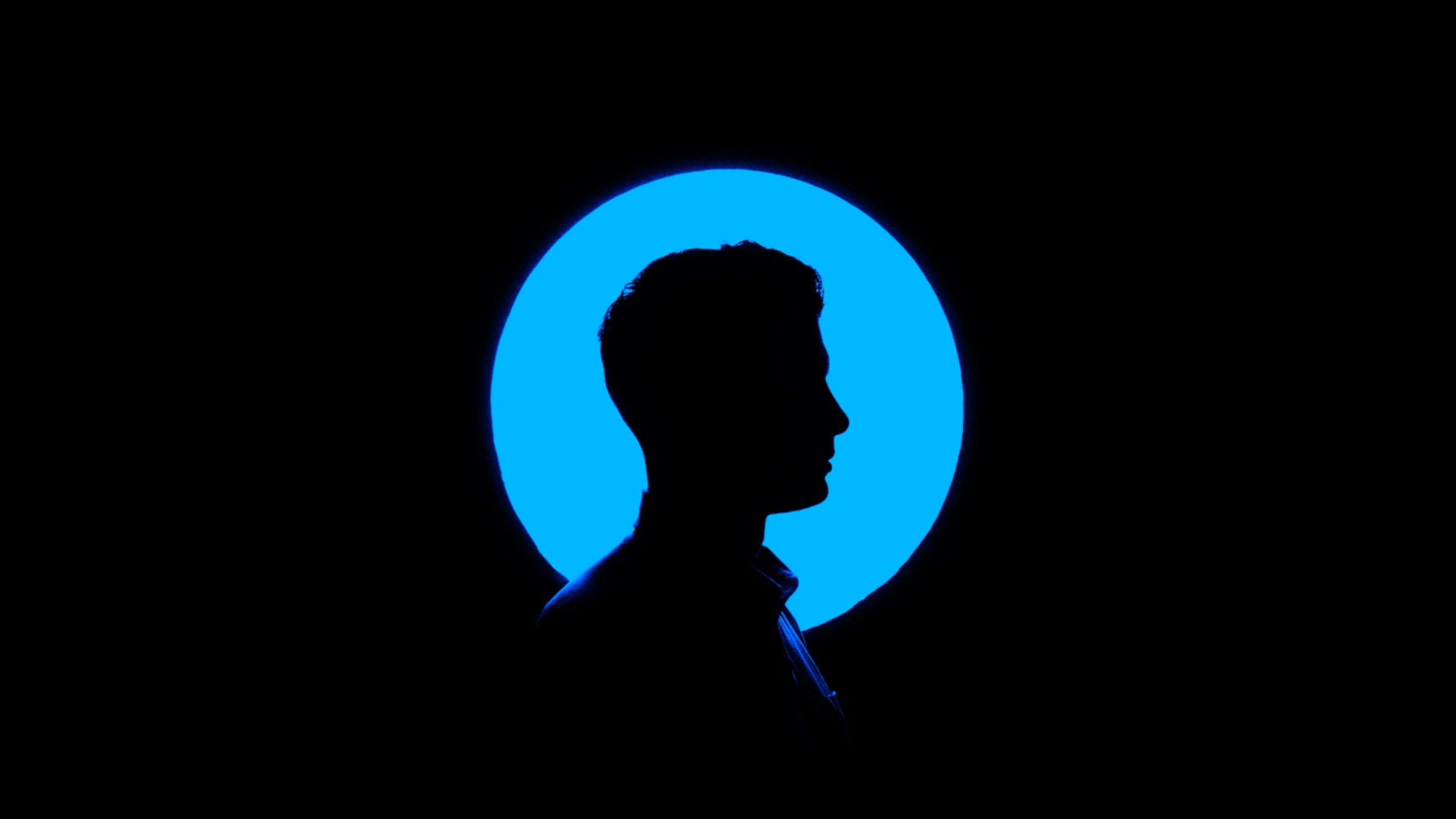The consequences of unconscious bias
Biases are overgeneralised and implicit preconceptions and assumptions about groups of people that are formed by socialisation (learning from family and society)
So, what are unconscious biases and how can we stop them from having negative effects on inclusivity in our increasingly diverse world?
Biases are overgeneralised and implicit preconceptions and assumptions about groups of people that are formed by socialisation (learning from family and society) as well as by personal experience. We have cognitive biases because every single moment we are awake, we are flooded with millions of bits of information but do not have the capacity to consciously process it all at once. Cognitive filters and shortcuts allow us to unconsciously prioritise, generalise, and dismiss large volumes of input from our visual, auditory, and other sensory systems.
These shortcuts have been developed to be useful when making decisions with limited information, focus, or time, but can have unintended consequences. This is because we often make inaccurate judgments that are based on the limited information we absorb about the world, we minimise our cognitive efforts by not questioning what we “know” to be true, and we often do no take time to observe ourselves or reflect on decisions that have been made quickly in response to external or internal circumstances. Because bias is outside of consciousness, it is uniquely difficult to address. We also tend to underestimate the extent to which biases influence us as individuals (we think that other people are biased, but we are not!).
Unfortunately, a large amount of research highlights the contribution of unconscious bias to disparities in economic, educational, and health outcomes for a range of minority and stigmatised groups in society. This is because unconscious biases inform stereotypes, or our widely held but fixed and oversimplified ideas about groups of people, which in turn, can influence discriminatory behaviour (unfair treatment of members of a group) and prejudice (negative attitudes towards a group or members of a group).
In the context of health, it has been found that equality as a core personal value is highly endorsed among healthcare workers. However, reviews of the research have found that unconscious biases can have major influences on the interpretation of patient or client behaviours and symptoms, and subsequently their treatment decisions by practitioners. More specifically, unconscious biases relating to ethnicity, gender, socioeconomic status, age, mental illness, drug use, disability, and weight (among other social categories) have been found to impact on diagnoses, treatment recommendations, The number of questions a practitioner asks, the number of tests that are ordered, and overall quality of interactions as rated by healthcare workers themselves and by patients or clients. As such, an unintentional disconnect arises between healthcare workers’ desire to provide equal treatment and their actual decision making. When this goes unrecognised and unaddressed, this can lead to healthcare disparities; particularly among the most vulnerable or already marginalised groups.
So, what can be done about unconscious bias? How can we interrupt the potentially negative outcomes of this entirely normal, but often inaccurate, way of processing information about our world? We know that ignoring or trying to remove all bias does not work. To reduce bias, we must target the unconscious cognitive processes that result in stereotype activation and lead to discrimination or prejudice. This requires a thoughtful effortful, and ongoing consideration of diversity as well as repeated exposure to diverse others in ways that counter stereotypes.
Trying hard to not to be prejudiced does not change bias, but having personal, positive experiences with diversity does. Therefore, the key is having opportunities to voluntarily engage with diverse others, or in diversity training, that focuses on appreciation, rather than elimination, of group differences. Such experiences have been found to reduce explicit bias directly and via this association, over time also reduce unconscious bias.
- Jaimee

